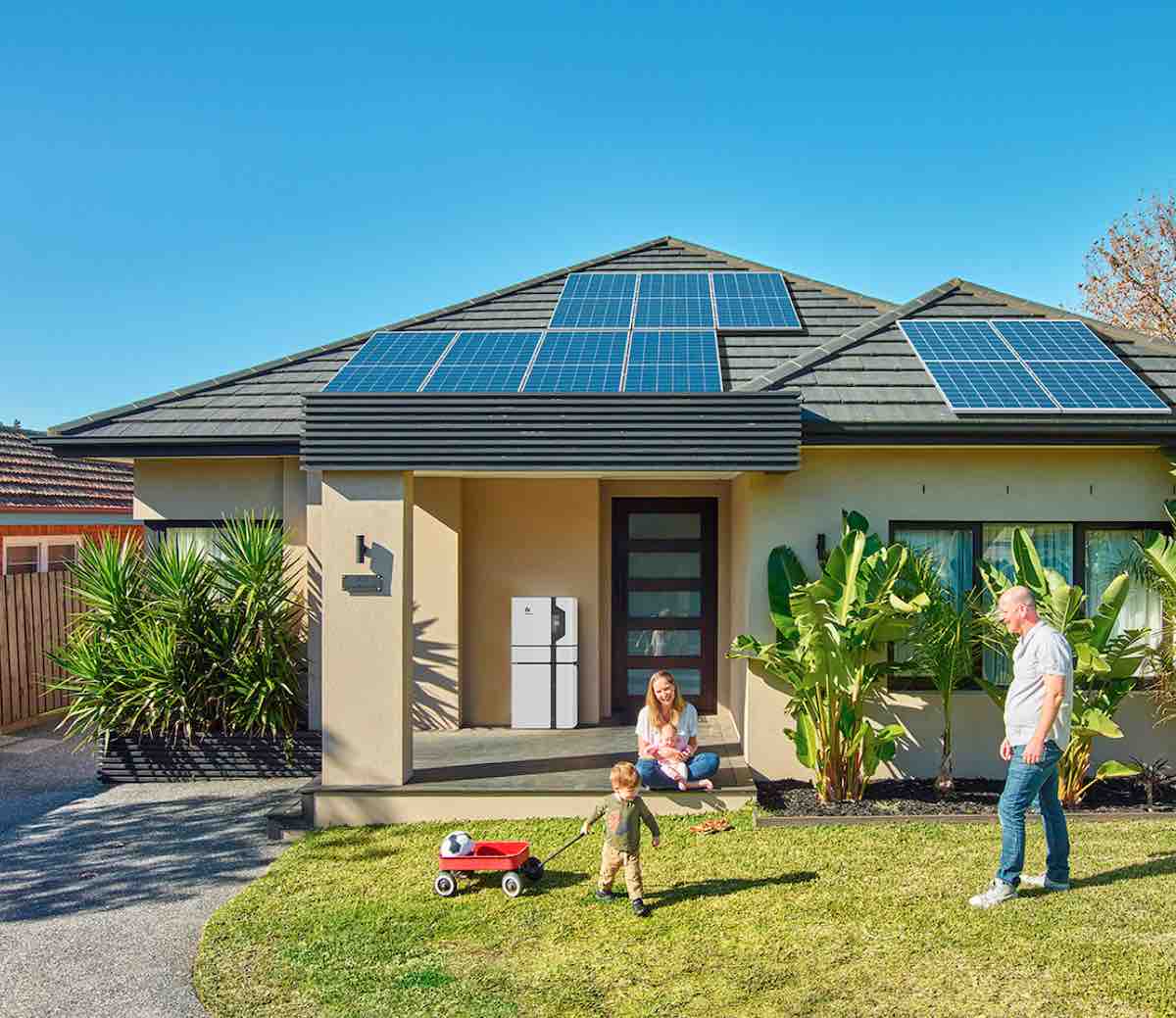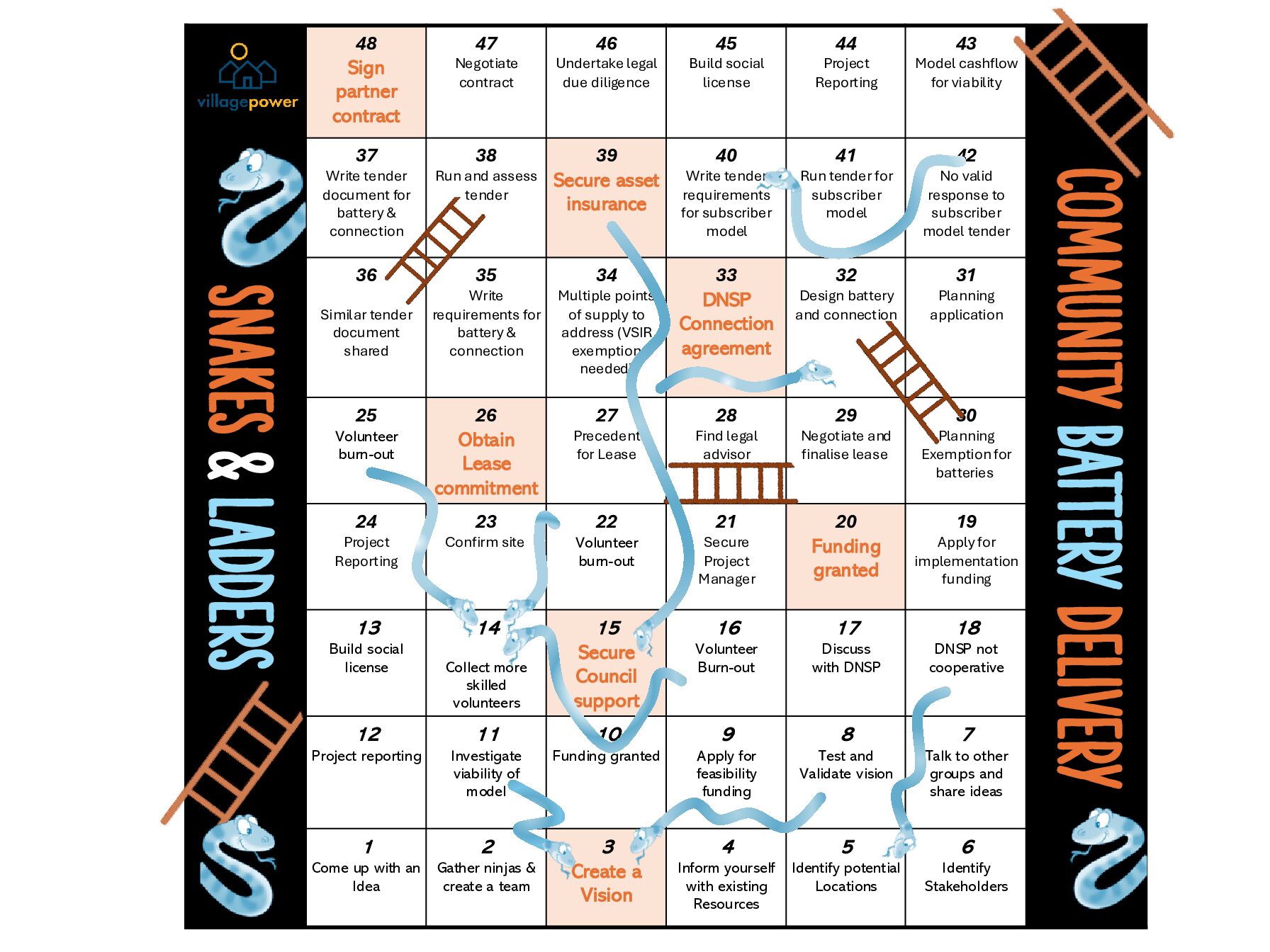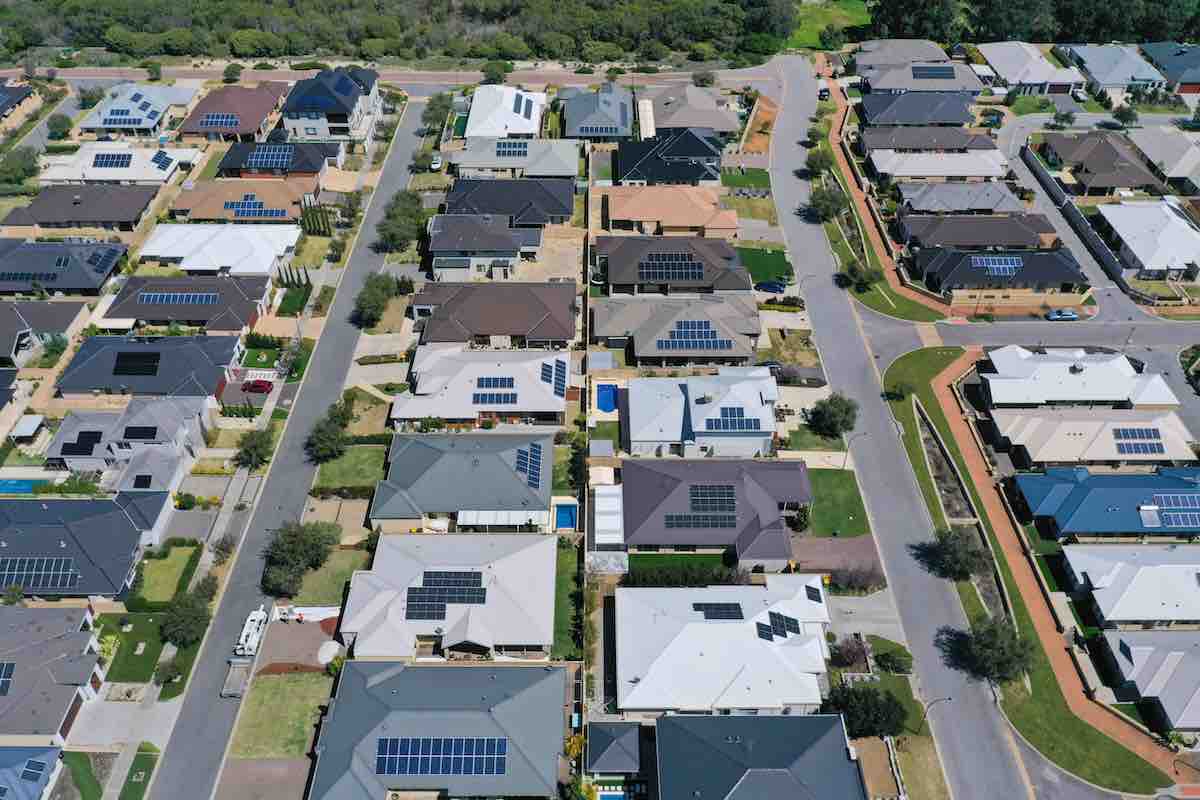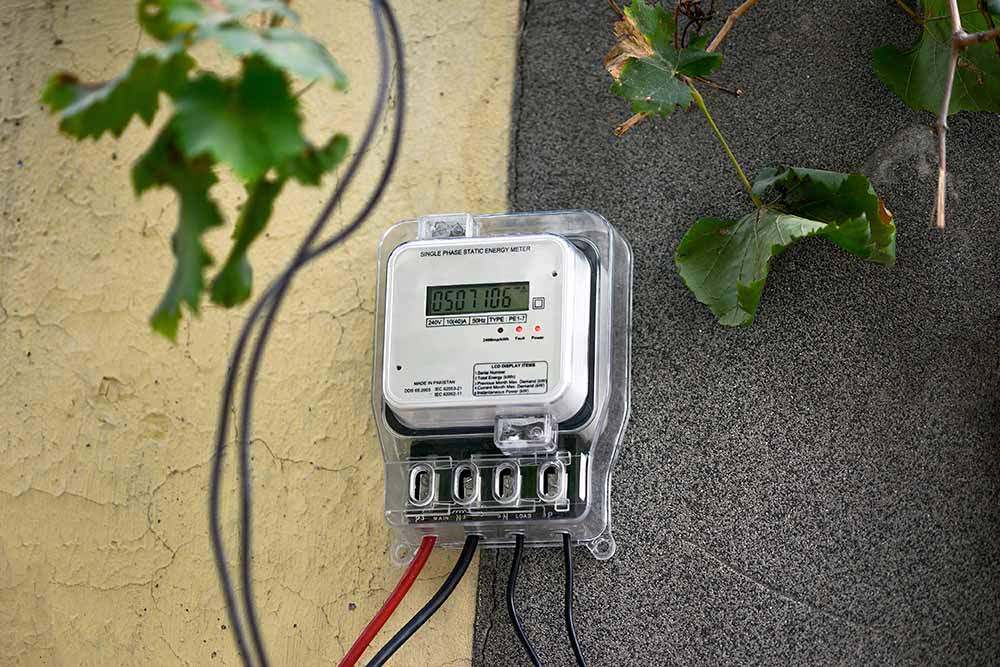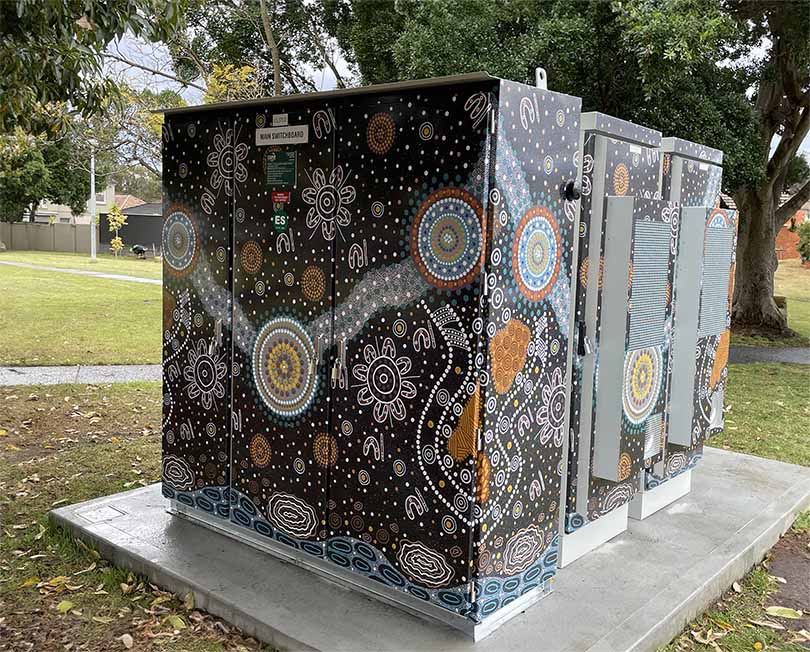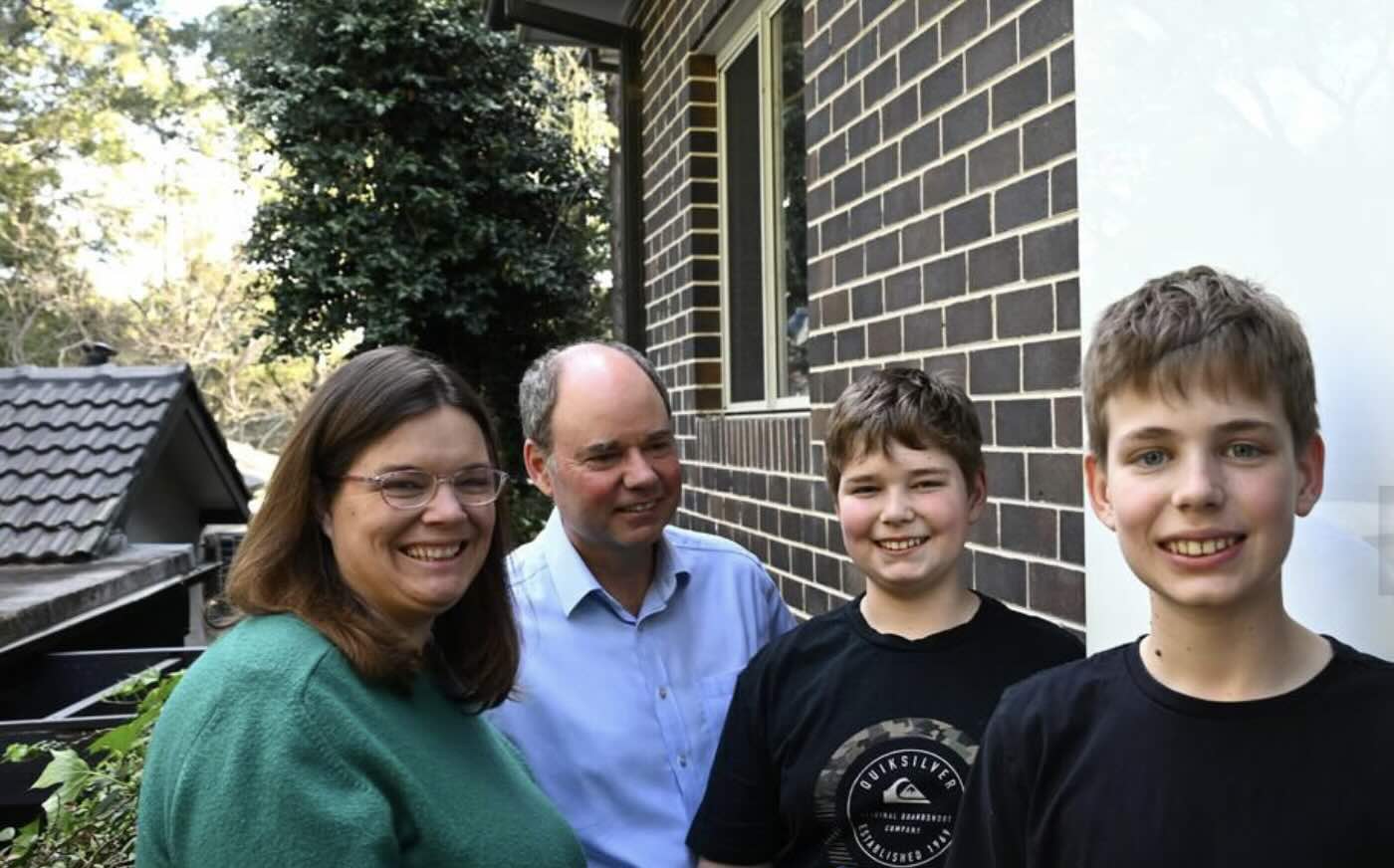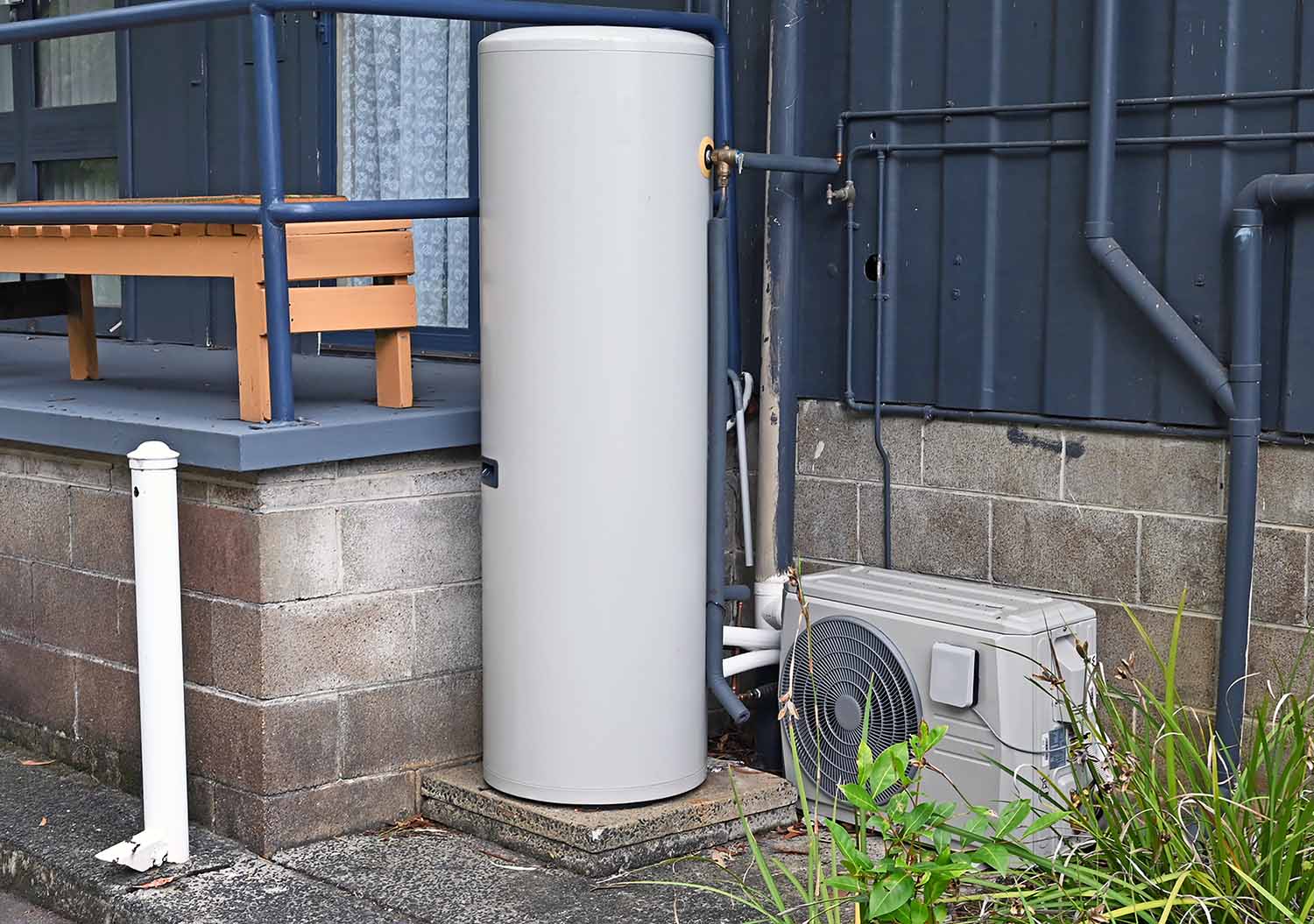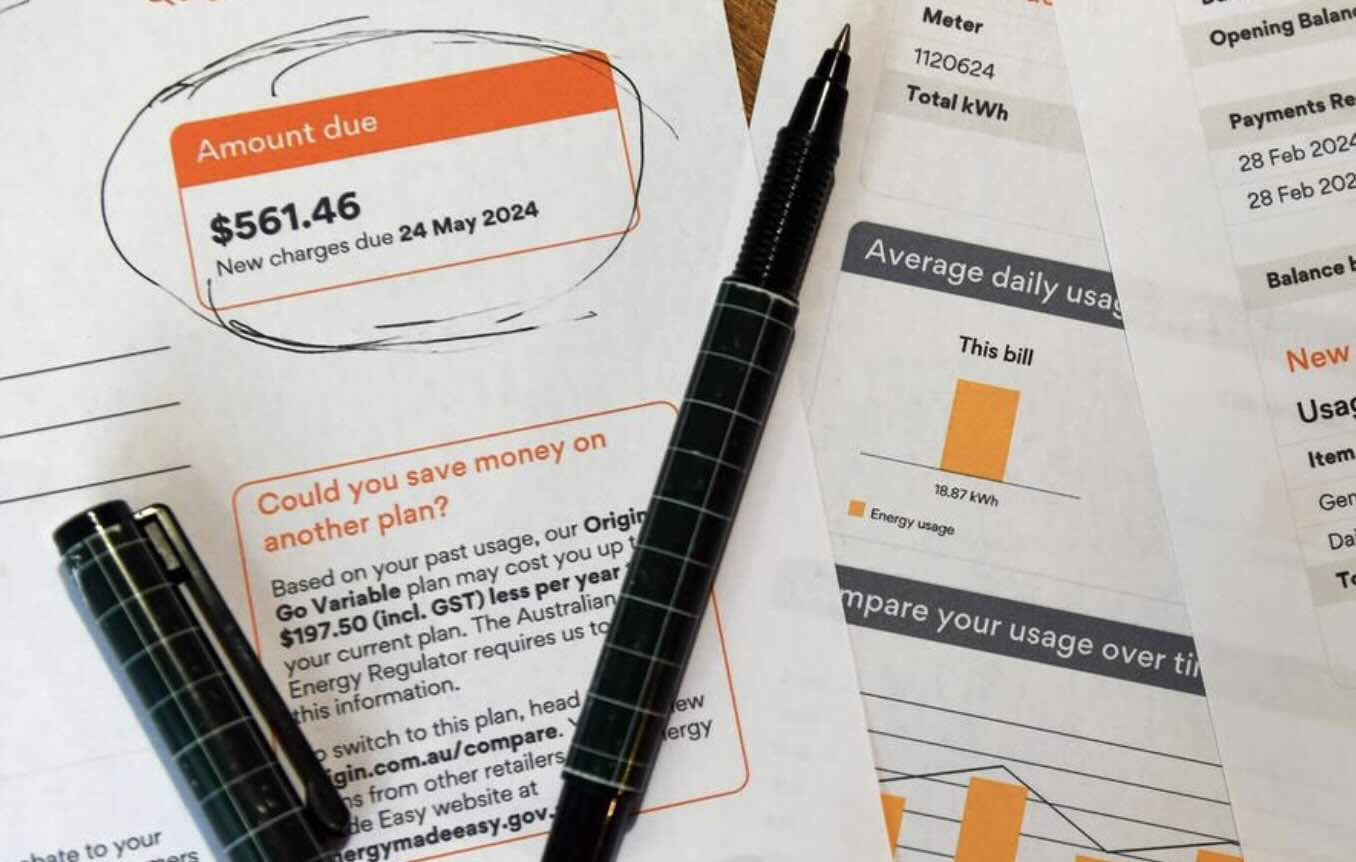Clean Energy Council retains the job of managing the list of products that can participate in the federal rooftop solar rebate, on the condition it lifts its game.
News
A leading UK tech company provides a platform that gives consumers incentives to help balance their use of green electricity when it's abundant and when it's not.
Village Power are the latest community energy group to be knocked back for asset insurance for their community battery.
Devrim Celal from green energy retailer Octopus explains why the energy transition will not succeed unless the proper incentives are given to use electricity at the right times.
A suspension order preventing online trading platform Greenbot from generating certificates through the federal rooftop solar rebate has been reinstated.
A groundbreaking community pilot hopes to identify the opportunities and challenges as household electrification is scaled up across the whole country.
ECA opposes making time-of-use tariffs mandatory and wants a minimum three-year transition period for households to move to cost-reflective pricing.
AGL Energy dangles a new carrot to entice customers to join its virtual power plant, which it hopes will reach 1.6GW of combined capacity by 2027.
Ausgrid says costs for community batteries are coming down with each new deployment – and they will be cost-effective without government grants.
Ausgrid's Rob Amphlett Lewis on why mid-scale batteries have a big role to play in the energy transition, how they will become cost effective in the future, and how householders can benefit from them.
Zero Emissions Noosa report argues community batteries can provide quick and flexible responses without social licence problems, high cost, and delivery problems of large scale projects.
Zero Emissions Noosa is the only non-industry group in Queensland to receive a federal grant for a community battery. Co-convenor Vivien Griffin discusses why they are so important.
The first family to install a Tesla Powerwall 3 home battery in Australia expects a quick payback. "We're spending about $5000 a year on power and we're expecting that to disappear."
Dynamic and flexible hot water management systems enable water to be heated when renewable energy is available, and could save over $6 billion in household costs.
Energy experts argue we should shift our hot water heating to the middle of the day when there is abundant solar. It will cut emissions, and could save billions of dollars.
Lord Mayor pledges to establish Australia's largest community-led bulk purchasing program for renewable energy, which he says will reduce bills.
